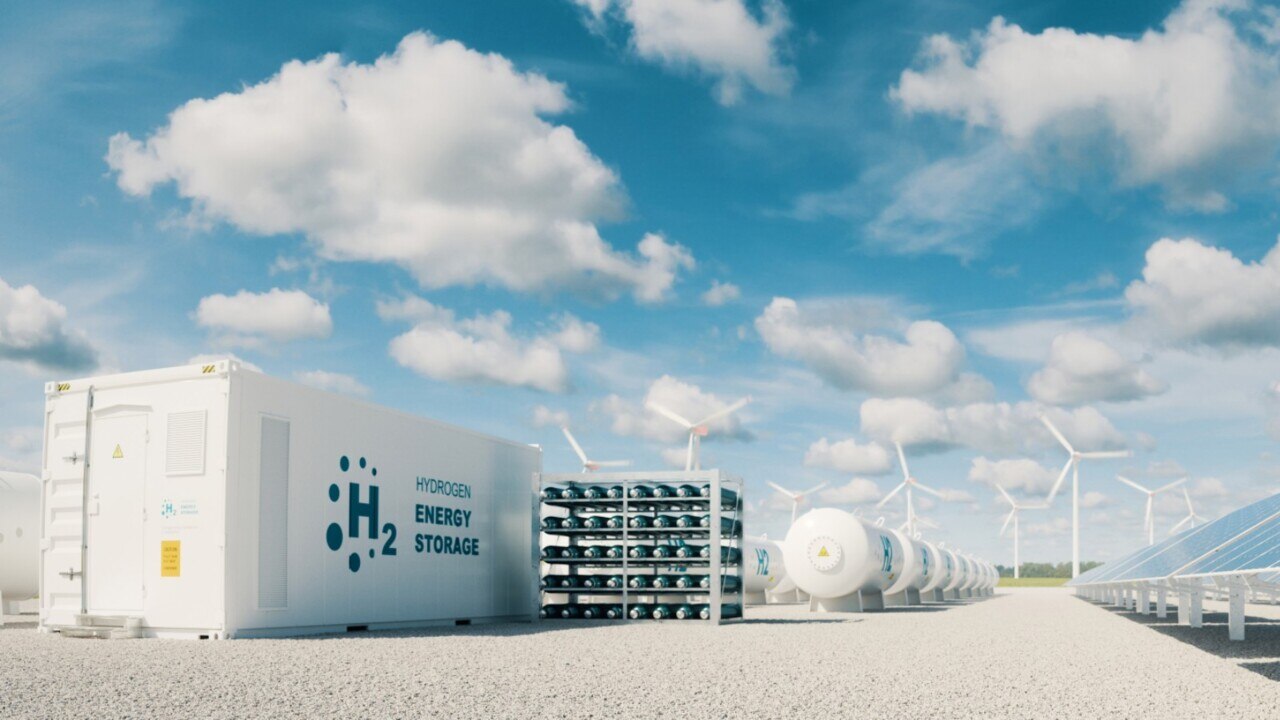Australia has much in store to assist India’s green drive
India has identified ‘massive potential’ in Australia’s critical minerals resources to help the shift to electric vehicles and large-scale battery storage.

India has identified “massive potential” in Australia’s critical minerals resources to help the nation of nearly 1.4 billion make the shift to electric vehicles and large-scale battery storage.
India’s High Commissioner to Australia, Manpreet Vohra, predicts a new era of clean energy co-operation between the countries, saying Australian critical minerals will be key to India’s “hugely ambitious” drive towards a greener future.
In an exclusive interview with The Australian to mark India’s 75th anniversary of independence, Mr Vohra said negotiations on a new free trade deal between the countries would soon get under way, but hailed an interim agreement struck this year as significant in its own right.
He said India’s close ties with Russia – highlighted during the Ukraine conflict – would not undermine Quad strategic partnership between India, Australia, the US and Japan, which he predicted would “go from strength to strength”.
Mr Vohra also pushed back at suggestions that Hindu nationalism, which has fanned anti-Muslim sentiment across India, posed a threat to Quad co-operation based on common democratic values.

Australia was one of the first nations to recognise the newly independent India in 1947, but the partnership became closer about 15 years ago, thanks to surging Indian student numbers and Australia’s decision to permit uranium sales to Delhi.
Now, as trusted Quad partners, Mr Vohra said clean energy co-operation would come to dominate the next phase of the Australia-India relationship.
Australia has reserves of critical minerals, such as lithium and cobalt, which are crucial for clean energy technologies such as batteries and electric vehicles.
Mr Vohra said India needed to rapidly develop its battery and clean transport sectors, which are currently hostage to Chinese supply chains.
“You've got upstream elements of those supply chains, and we’ve got the downstream demand for those critical minerals,” he said.
The Modi government has offered more than $3.3bn to local battery manufacturers to kickstart domestic production, to help lift electric car sales to a promised one-third of all new vehicles by 2030.
Mr Vohra said India, with its huge renewables rollout, had shown that grid-scale solar energy and wind energy could be as cost effective as thermal power.
“The next phase of renewable energy is storage,” he said.
“Storage is critical, because if you want 24-7 supply of renewable energy, it can only be done with large-scale battery storage.”
Mr Vohra said building a critical mineral supply chain between the countries would be a “win-win”, with Australia providing raw and processed materials for India’s battery industry, and eventually the batteries themselves.

“Then Australia itself would get into battery manufacturing, along with us in joint ventures, or on its own,” he said.
In March this year, India and Australia committed $8.4m to explore lithium and cobalt mines in Australia over the next six months, in a bid to firm up supplies of key minerals needed to further its electric vehicle plans.
Mr Vohra said India hoped to have similar co-operation with Australia in developing the green hydrogen industries in both countries, including a joint venture to build the electrolysers necessary to make hydrogen from water.
He said the interim free trade deal finalised between the countries in April, was “much, much larger” than the “early harvest agreement” it was billed as, eliminating tariffs on 85 per cent of Australian exports to India.
Negotiations on a comprehensive agreement would begin within months, after the Australian parliament ratifies the initial deal, Mr Vohra said.
He said he saw no impediments to closer Quad co-operation after two in-person leaders meetings, including one just days after the Australian federal election in May, attended by the newly elected Anthony Albanese.
He said he believed India’s strategic relationship with Russia would not undermine Quad co-operation, as the partners were determined to keep their “core focus on the Indo Pacific”.
India and Russia were “old friends”, Mr Vohra said, and that “means something to us”.
While Hindu nationalism is on the rise in India under Prime Minister Narendra Modi’s BJP, Mr Vohra said his country was “ruled by law”, with “fiercely independent judiciary and human rights commissions at multiple levels”.








To join the conversation, please log in. Don't have an account? Register
Join the conversation, you are commenting as Logout